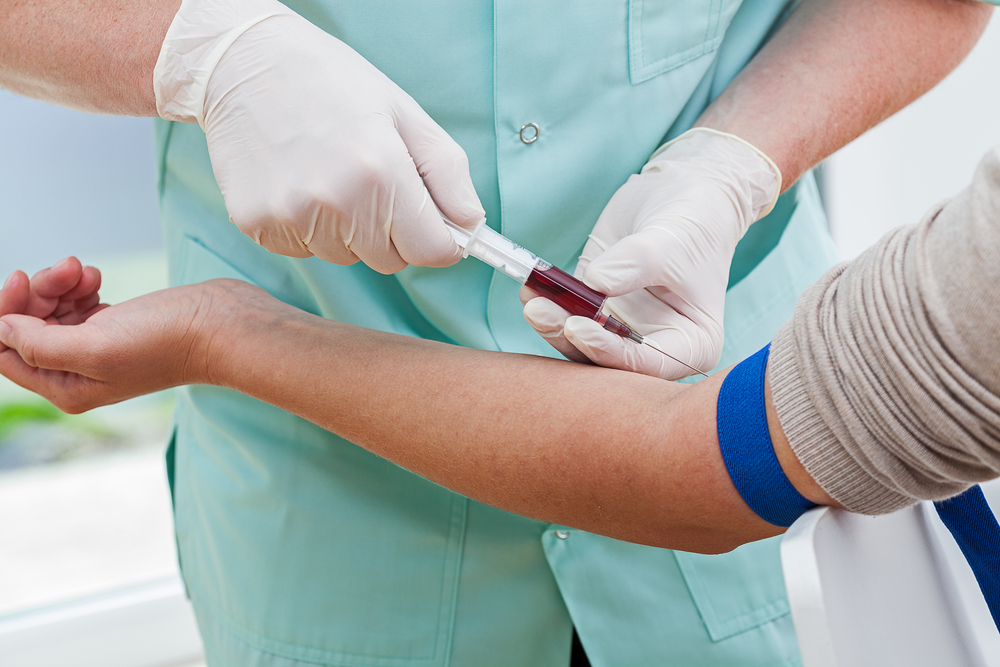Health
Key to HIV treatment found in human blood
MOSCOW, March 28—A group of scientists from Scripps Research Institute (TSRI ) discovered that immune cells able to conquer HIV are present in the human body.
Some people infected with HIV can produce antibodies that effectively neutralize many strains of the dangerous, rapidly mutating virus. A healthy person, however, would need to be immunized with special antigens in order to produce the required antibodies.
The success of a potential vaccine depends on the ability of the immunogen to bind with cells called B-lymphocytes and to activate them so that they produce antibodies. A team of scientists wrote in a new study published in Science magazine on March 24 that most people have so-called “embryo” precursor cells in their bodies which can generate VRC01 antibodies needed to conquer HIV cells.
The scientists tried to develop a special kind of immunogen which would bind certain B-lymphocytes, potentially responsible for immunity against HIV.
The immunogen has to be very unique because the required progenitor cells are very rare among other B-lymphocytes.
“We found that almost everybody has these broadly neutralizing antibody precursors, and that a precisely engineered protein can bind to these cells that have potential to develop into HIV broadly neutralizing antibody-producing cells, even in the presence of competition from other immune cells,” said the study’s lead author, TSRI professor William Schief.
The immunologists synthesized protein immunogen EOD-GT8 60mer. The research showed that mice vaccinated with the protein generate VRC01 antibodies.
If EOD-GT8 60mer can trigger the same reaction in humans, the scientists may then develop several more immunogens that will jointly cause the synthesis of a wide range of antibodies able to conquer HIV.
In a recent article published in Scientific Reports magazine, genetic scientists wrote that CRISPR/Cas9 technology is able to remove HIV virogenes from infected T-lymphocytes which the virus usually attacks. The finding may help to develop new methods of therapy for people with AIDS.






















